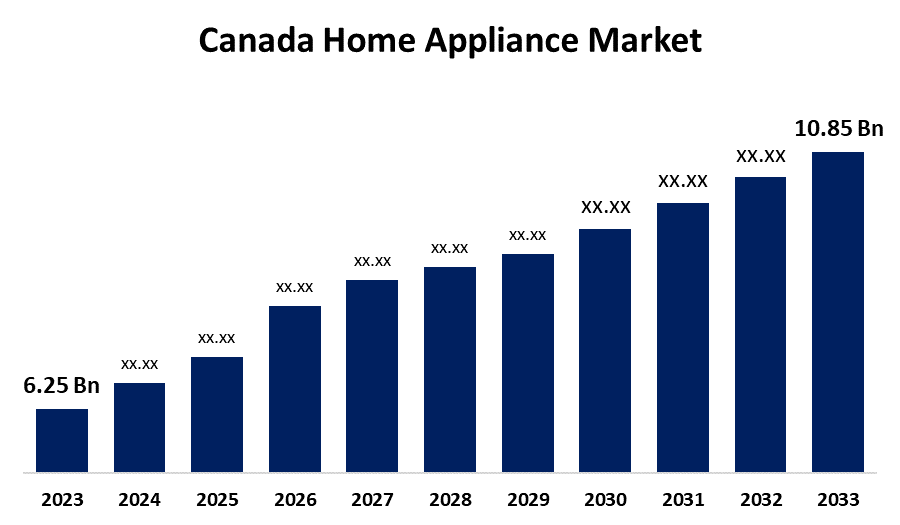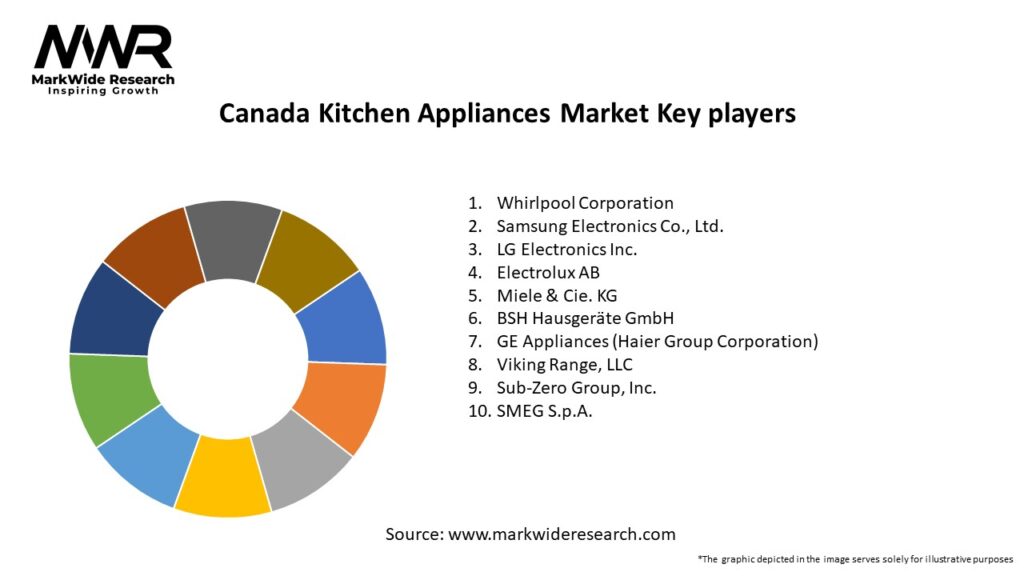Navigating regulatory and logistical considerations in Canada’s appliance market involves aligning with federal energy efficiency standards, harmonizing with U.S. regulations, managing tariffs, and ensuring compliance with enforcement mechanisms.
Key regulatory considerations:
-
Energy Efficiency Standards: Canada regulates appliances under the Energy Efficiency Act and associated regulations, requiring all regulated products to meet federal energy efficiency standards before import or sale within Canada. These standards also apply if appliances are incorporated into larger machines.
-
Harmonization with U.S. Standards: Canada closely monitors and aligns its appliance efficiency standards with those of the U.S. Department of Energy (DOE) to minimize regulatory burden and maintain market consistency. This includes synchronizing effective dates for new standards and amendments, which helps manufacturers and distributors comply with a unified North American standard.
-
Compliance and Enforcement: Compliance is enforced through third-party verification, product labelling, and education of manufacturers, distributors, retailers, and consumers. Non-compliance complaints are addressed with an emphasis on industry education, which reduces enforcement resource needs due to high expected compliance levels from harmonization with U.S. rules.
-
Tariffs and Pricing: Tariffs imposed on appliances and components from countries like Mexico (25%), Canada (25%), and China (10%) affect pricing and supply chain decisions. For example, tariffs on high-end refrigeration and steel parts imported into Canada can increase prices by 2–8%, influencing sourcing and inventory strategies.
Logistical considerations:
-
Supply Chain Efficiency: Canada’s vast geography requires efficient transportation via air, ship, rail, and truck to ensure timely delivery and distribution of appliances across provinces.
-
Import and Distribution Compliance: Importers must ensure appliances meet Canadian standards before shipment. Products failing to comply with energy efficiency or safety regulations risk delays, penalties, or rejection at the border.
-
Strategic Partnerships: Working with logistics providers knowledgeable about Canadian regulations and enforcement practices can help avoid supply chain disruptions and ensure smooth market entry.
Additional context:
-
Canada is also advancing regulations on lighting products, such as banning mercury-containing lamps by 2025, reflecting broader environmental commitments that appliance manufacturers must consider.
-
Retailers in Canada primarily engage in selling household appliances and related electronics, which means they must stay current with evolving regulations and tariffs to manage inventory and pricing effectively.
In summary, success in Canada’s appliance market requires careful navigation of federal energy efficiency regulations aligned with U.S. standards, proactive management of tariffs and supply chain logistics, and collaboration with knowledgeable partners to ensure compliance and market access.




















Maple Ranking offers the highest quality website traffic services in Canada. We provide a variety of traffic services for our clients, including website traffic, desktop traffic, mobile traffic, Google traffic, search traffic, eCommerce traffic, YouTube traffic, and TikTok traffic. Our website boasts a 100% customer satisfaction rate, so you can confidently purchase large amounts of SEO traffic online. For just 720 PHP per month, you can immediately increase website traffic, improve SEO performance, and boost sales!
Having trouble choosing a traffic package? Contact us, and our staff will assist you.
Free consultation